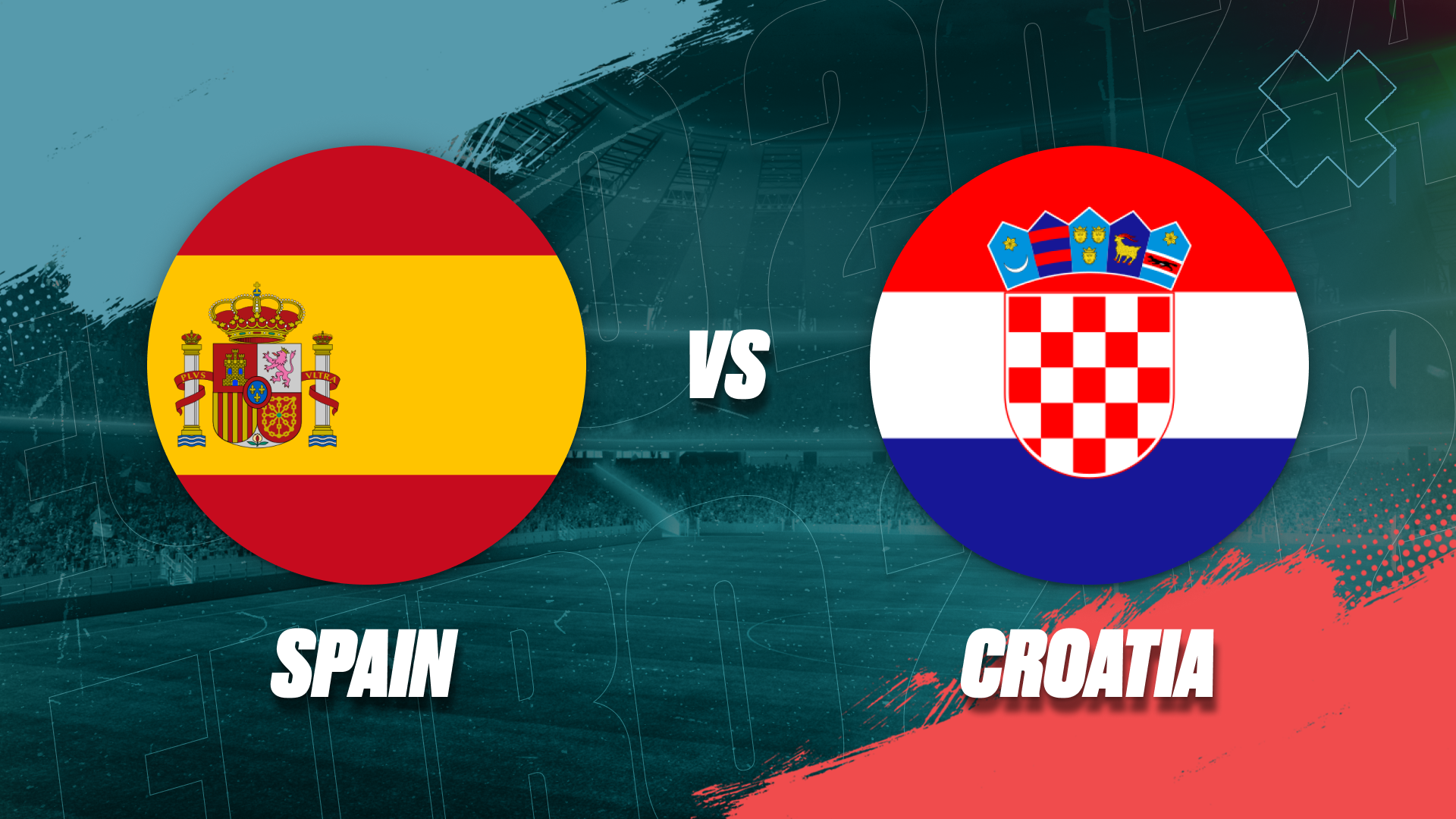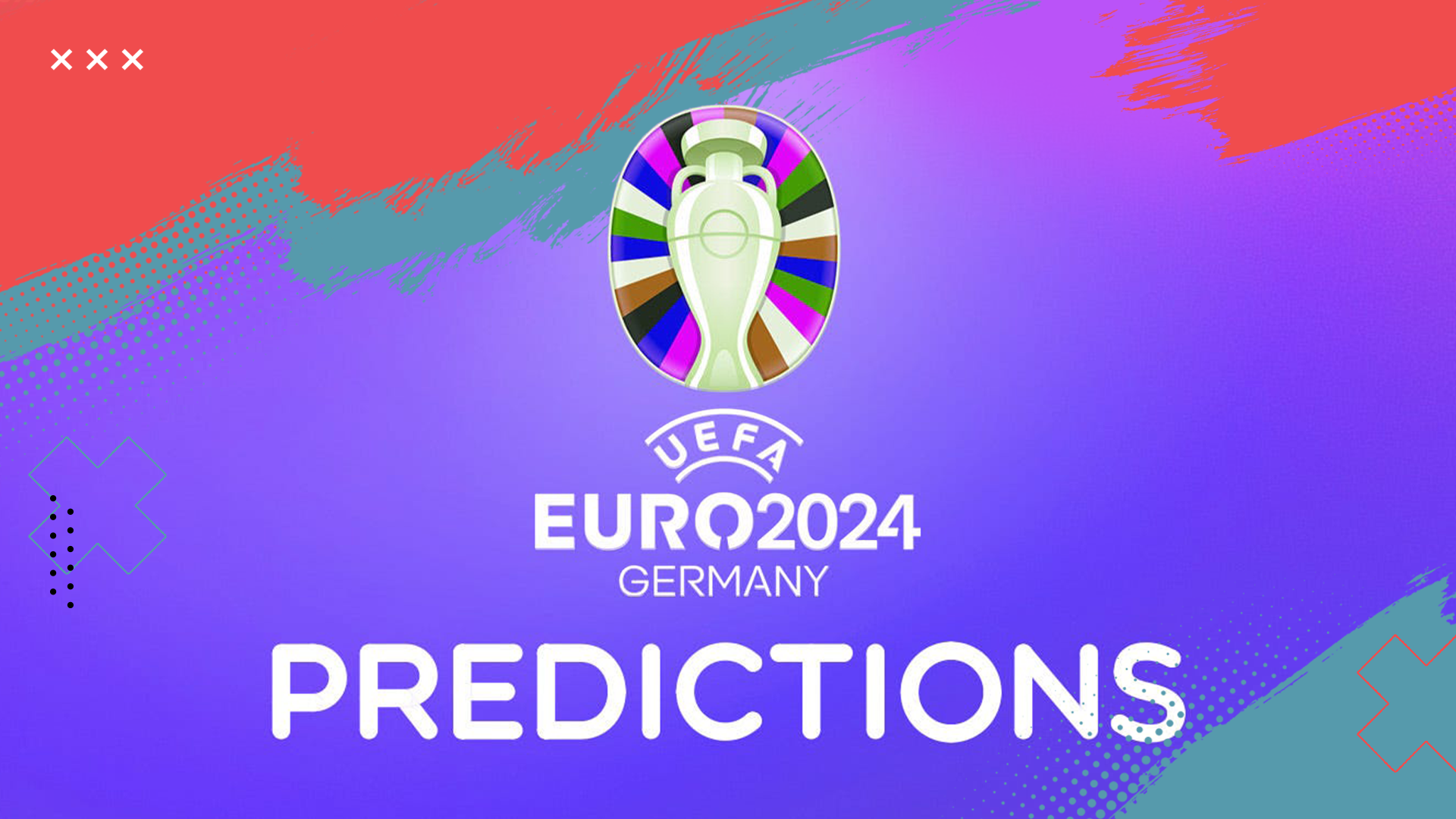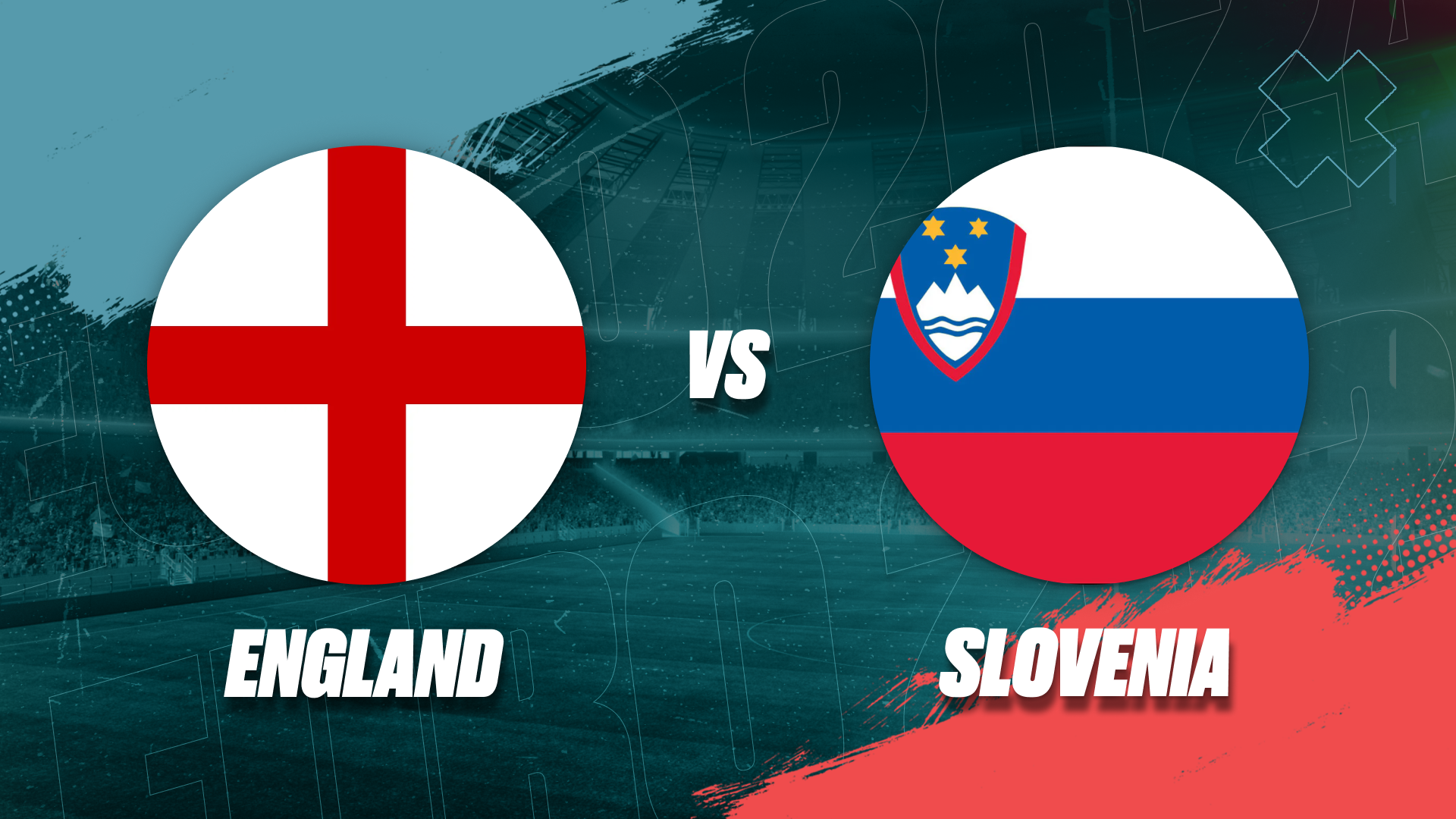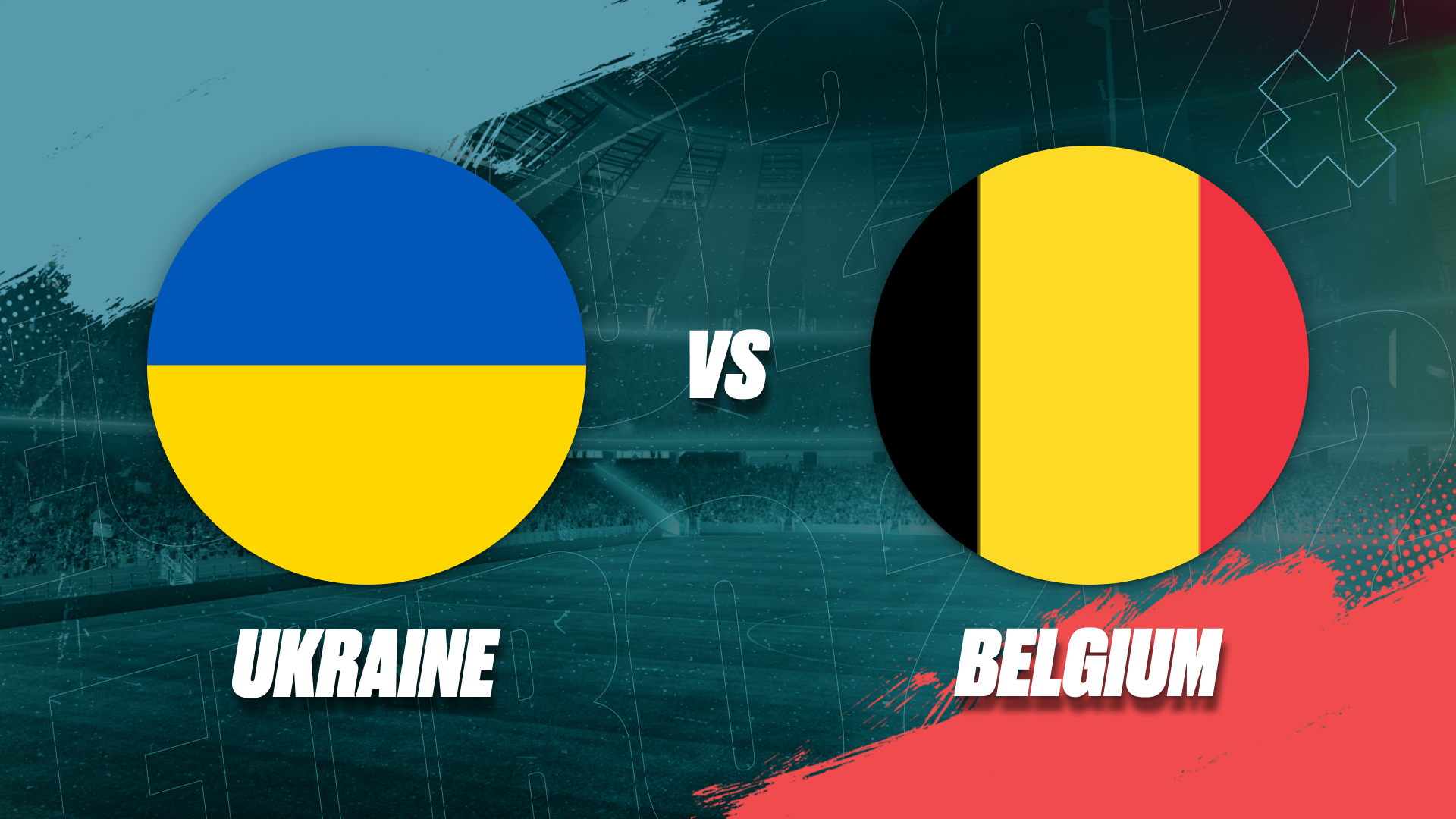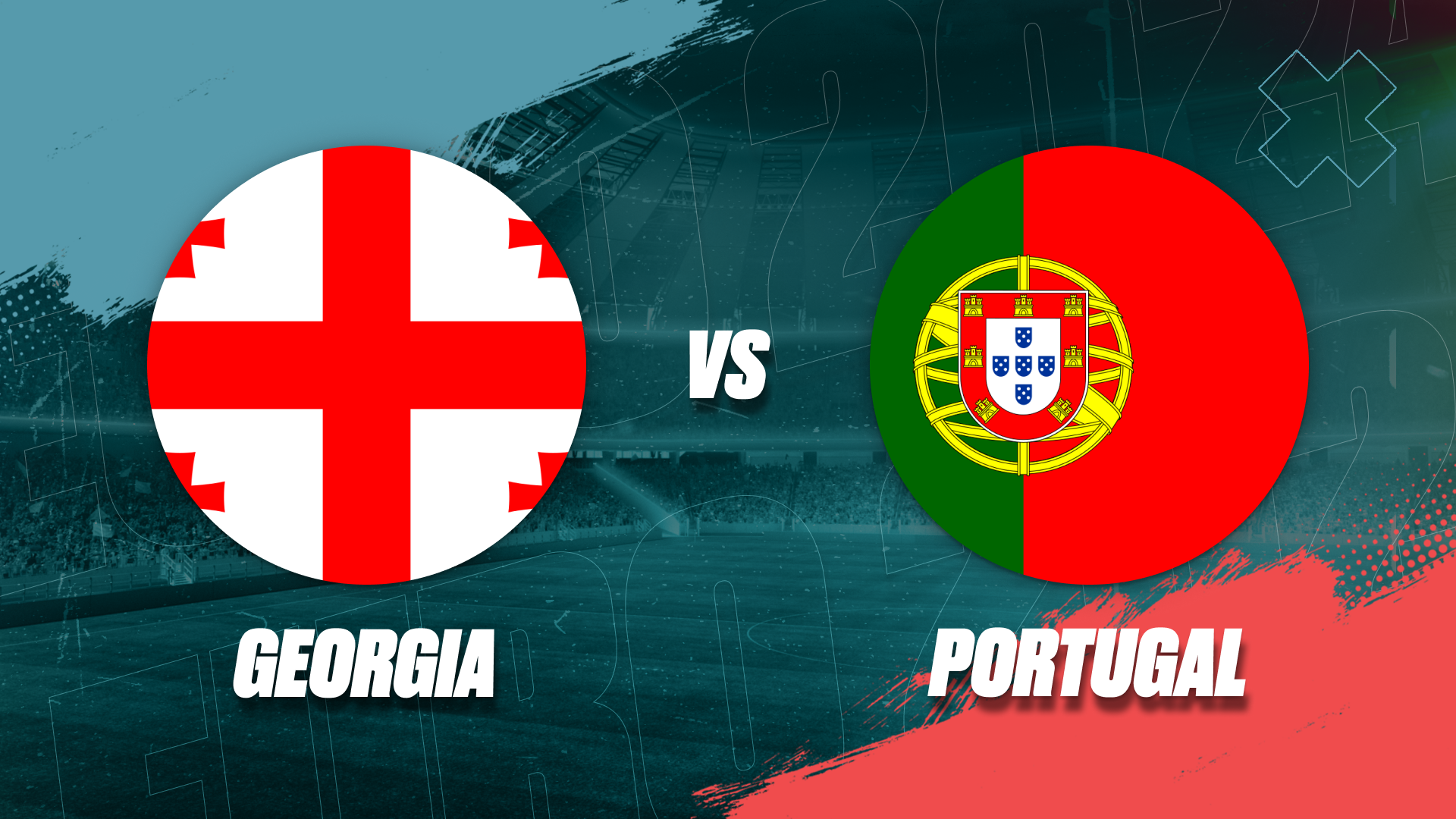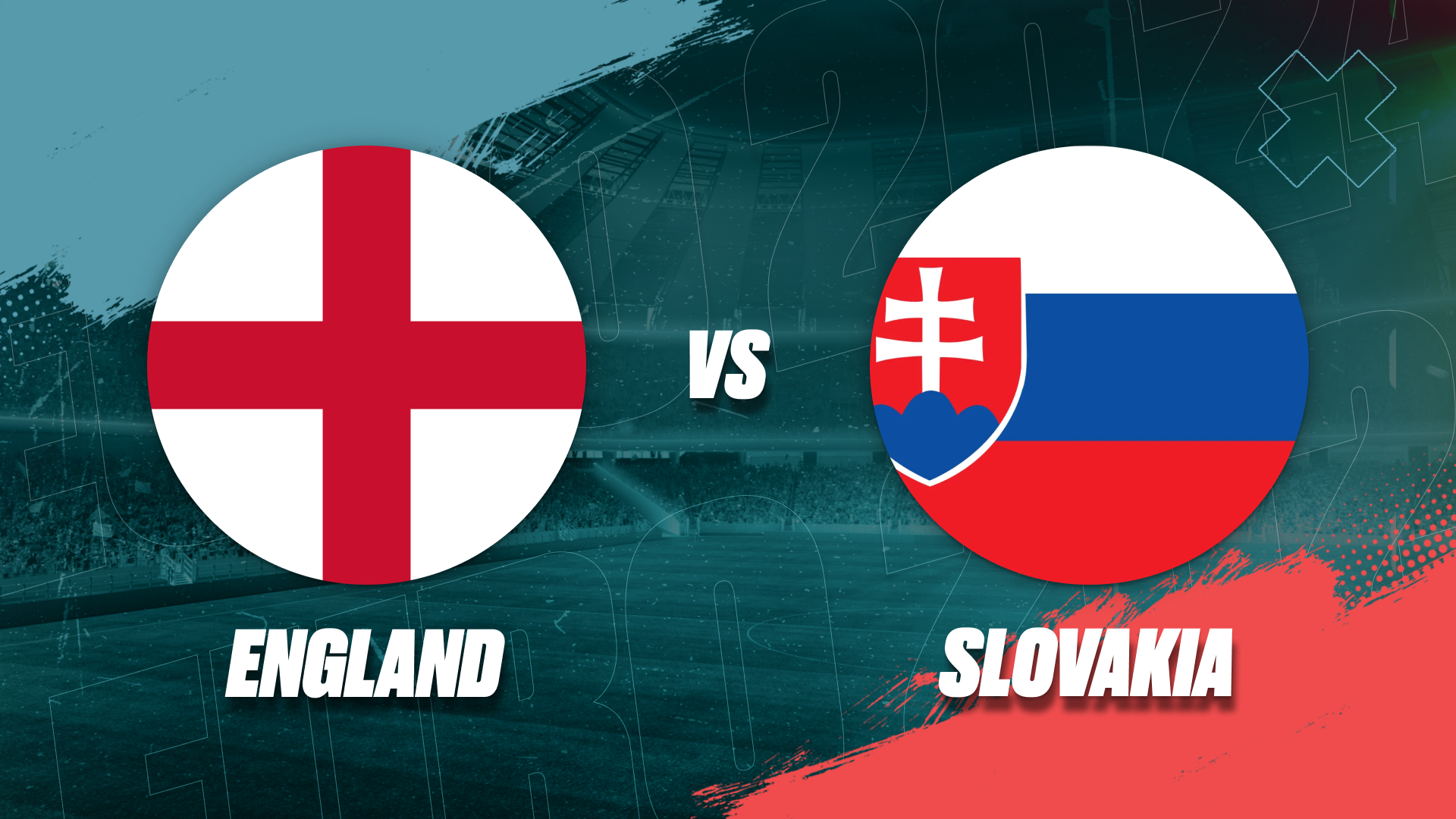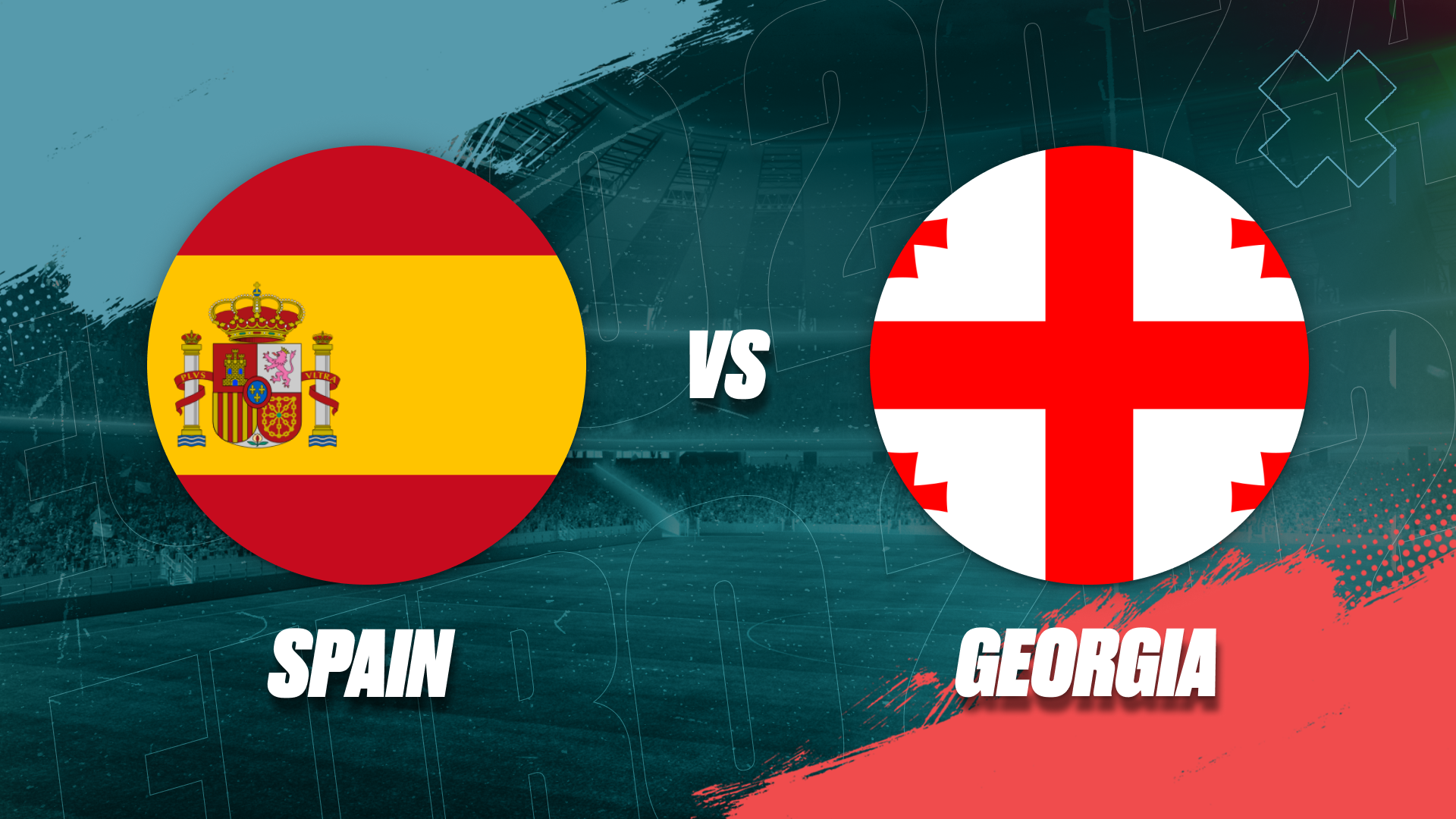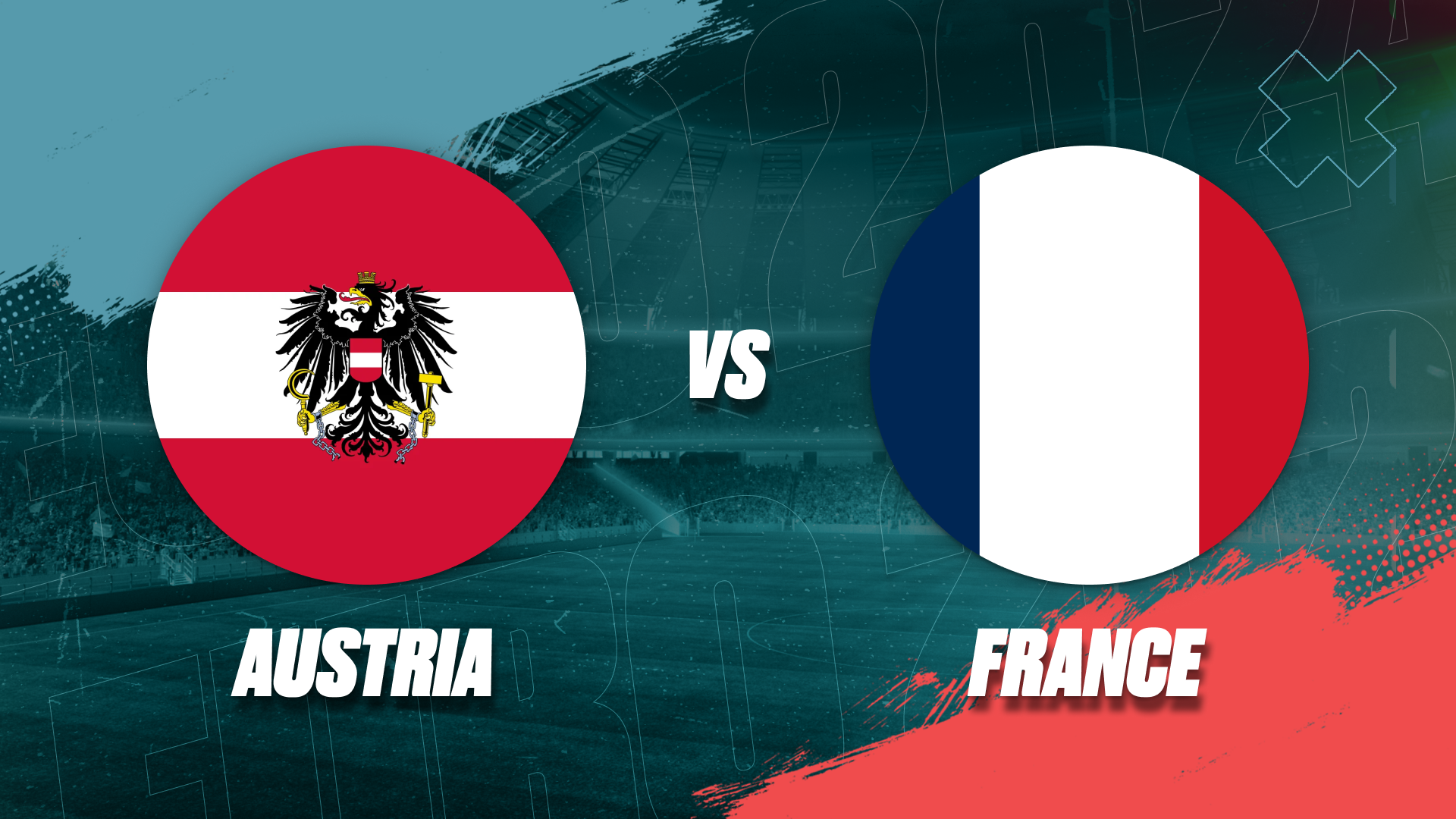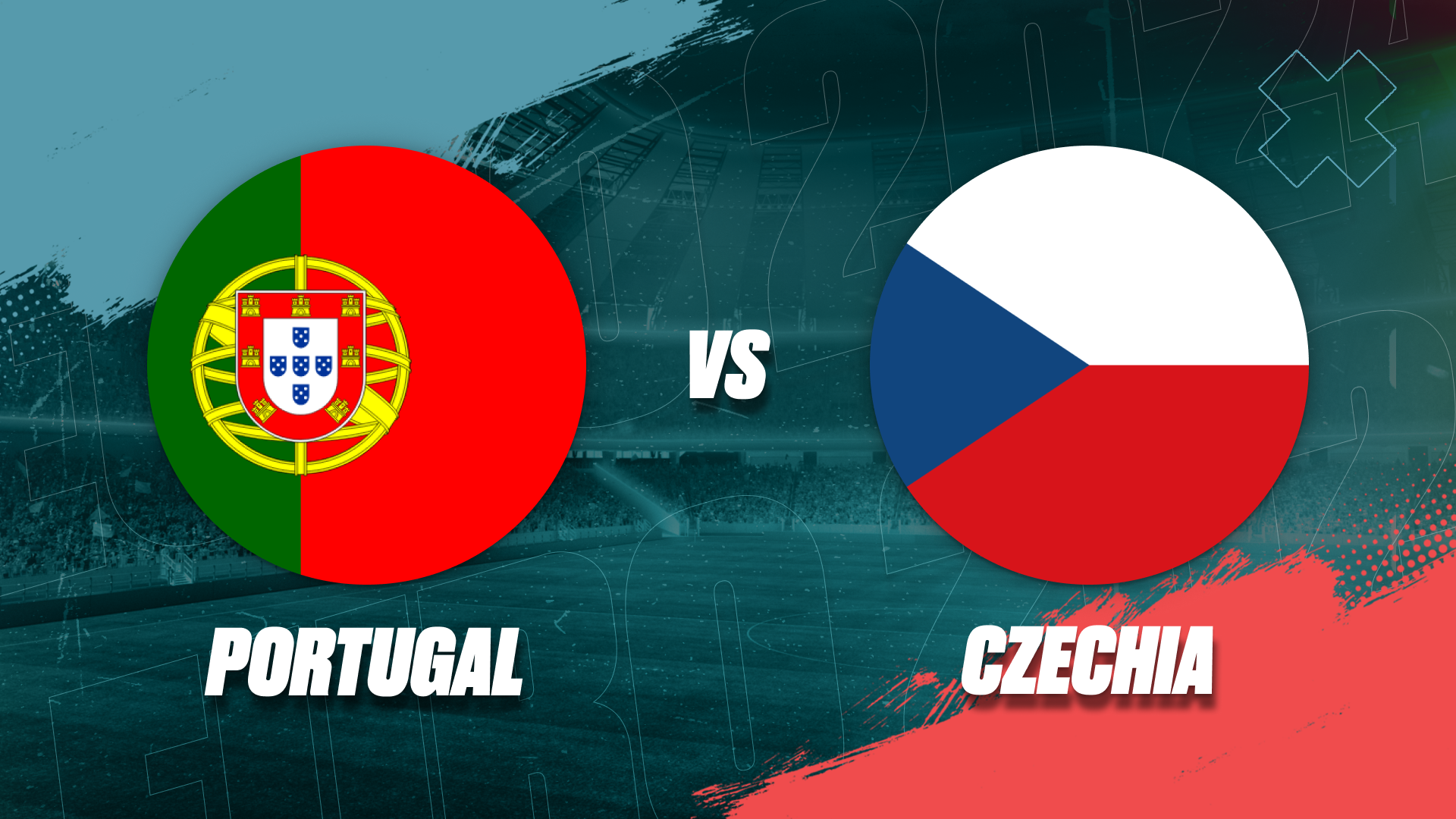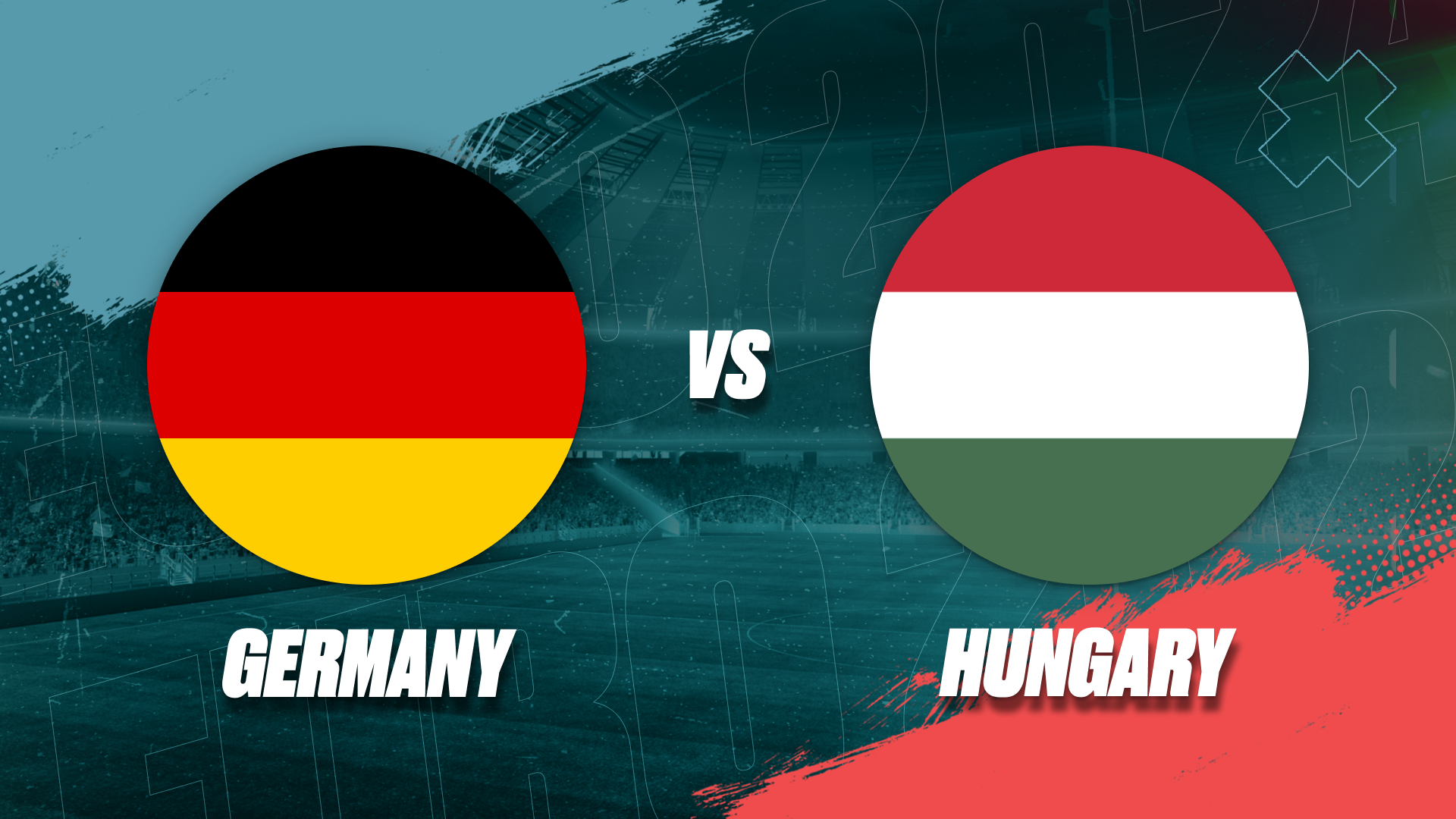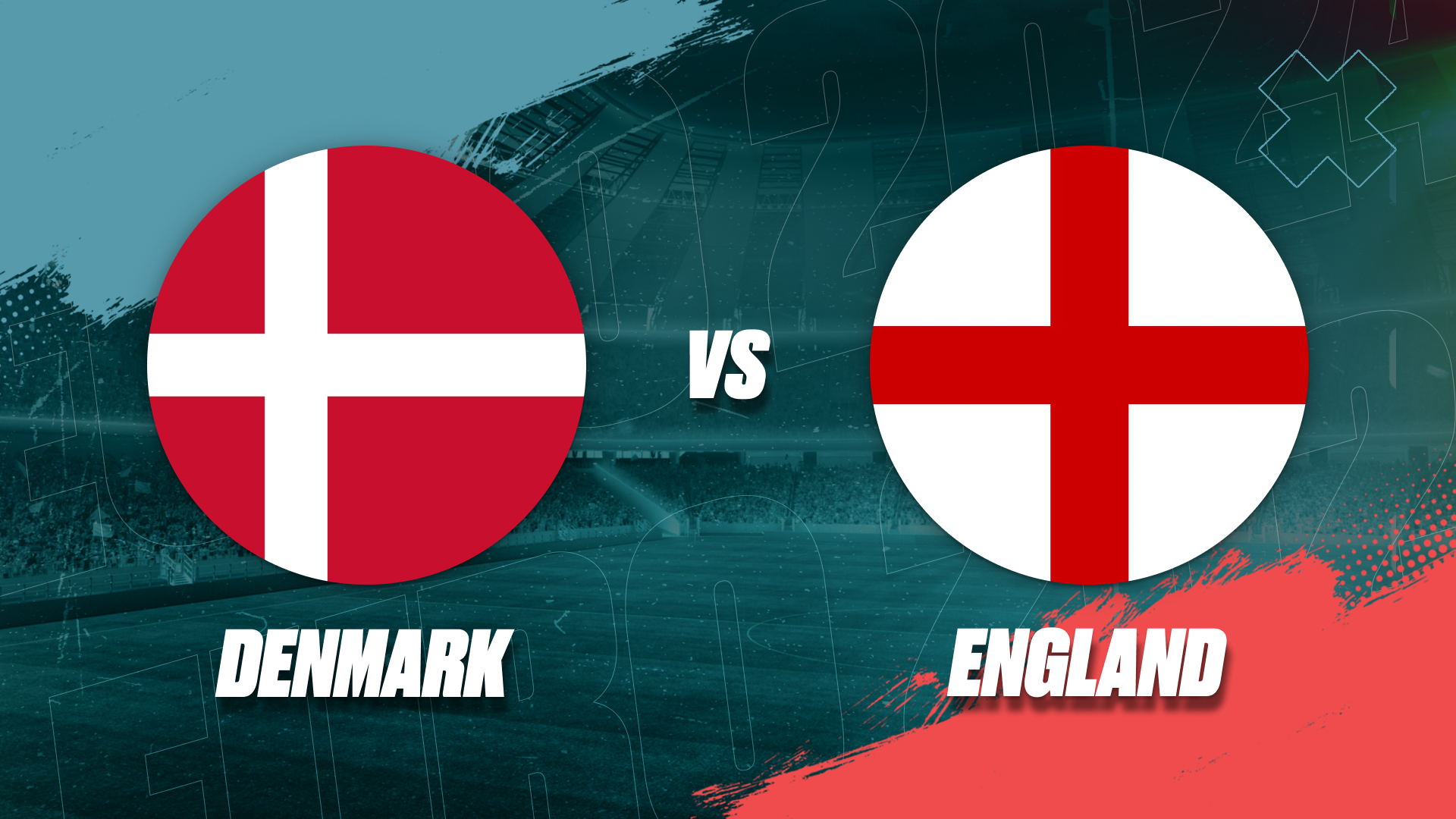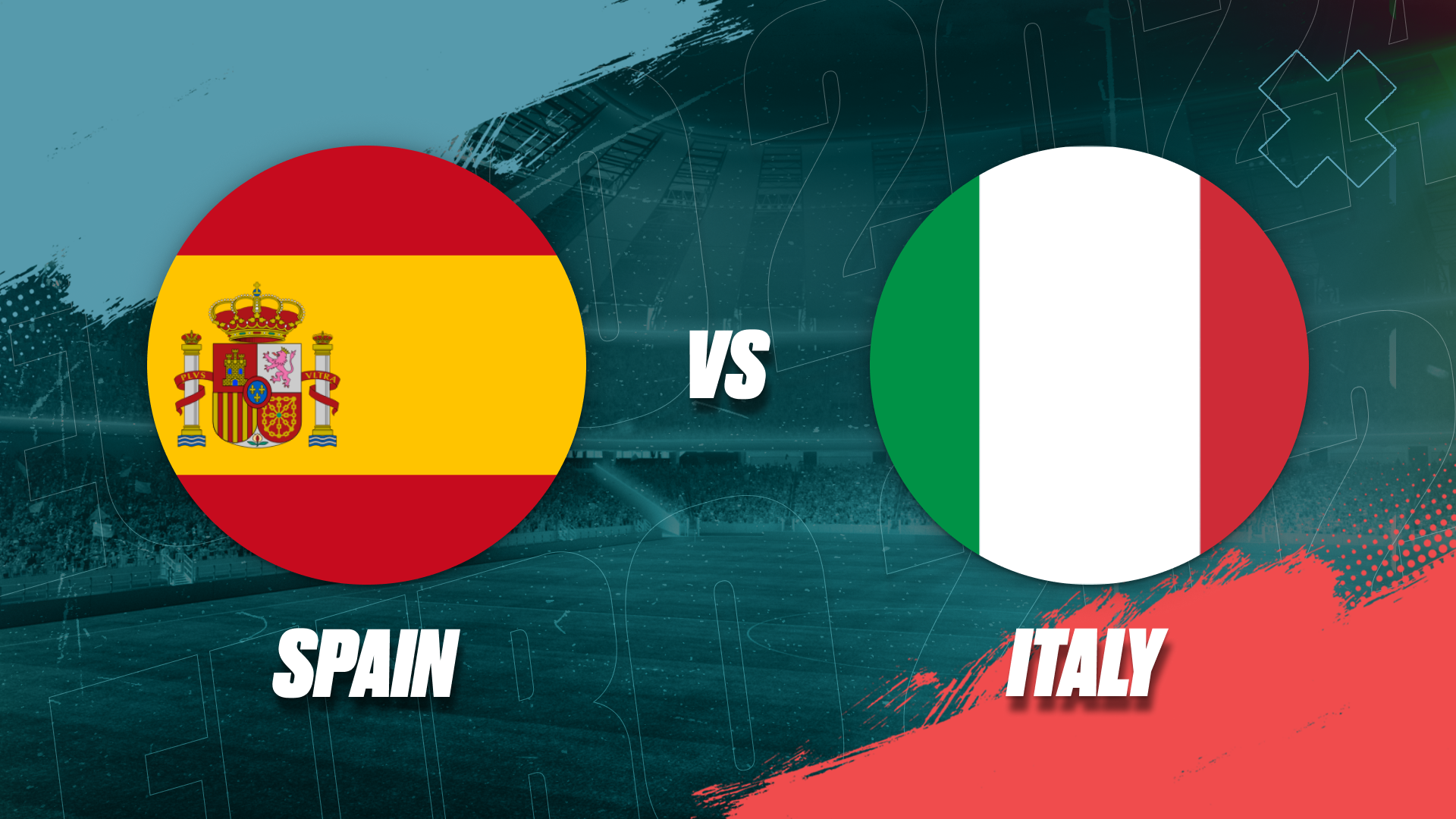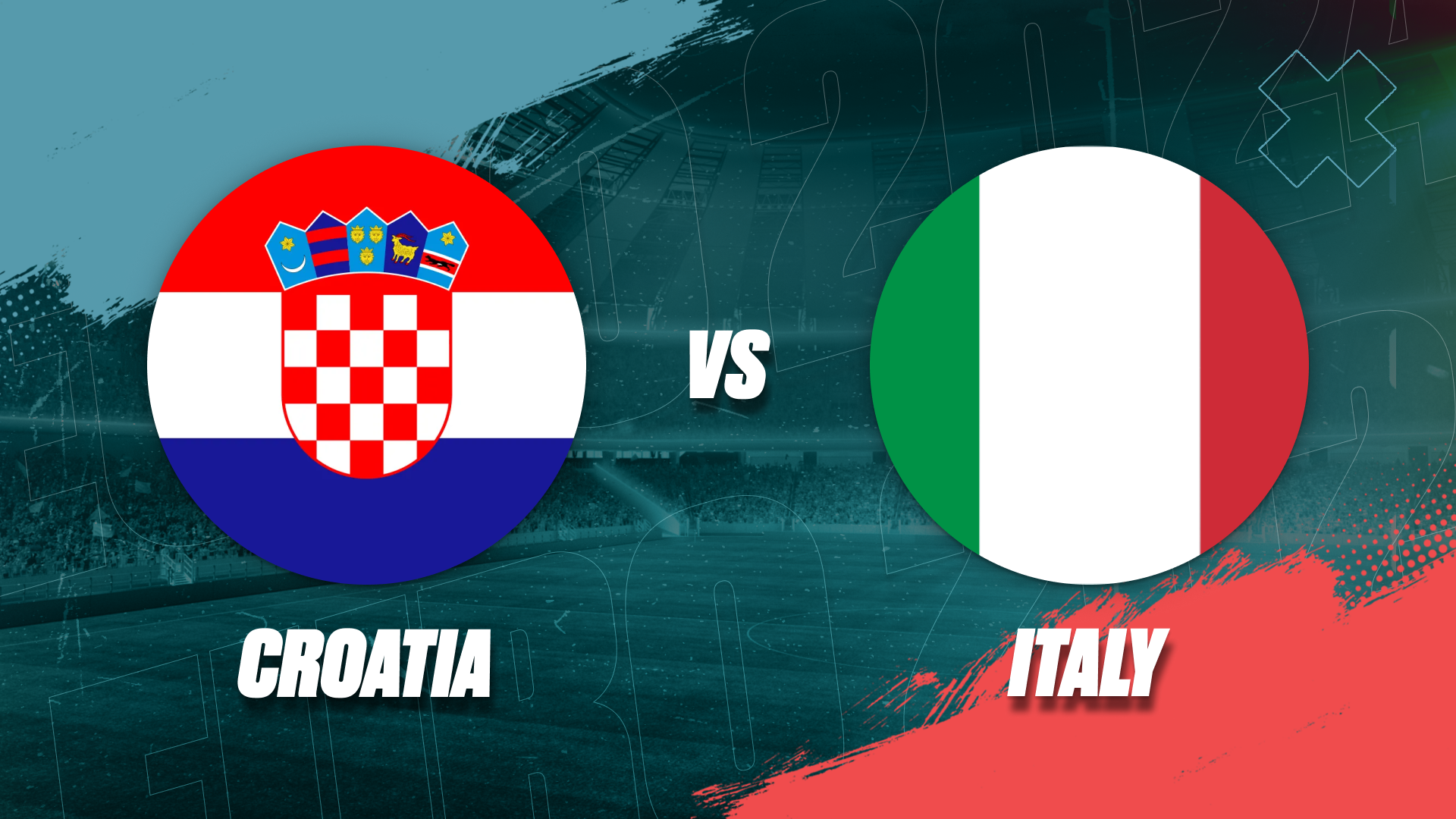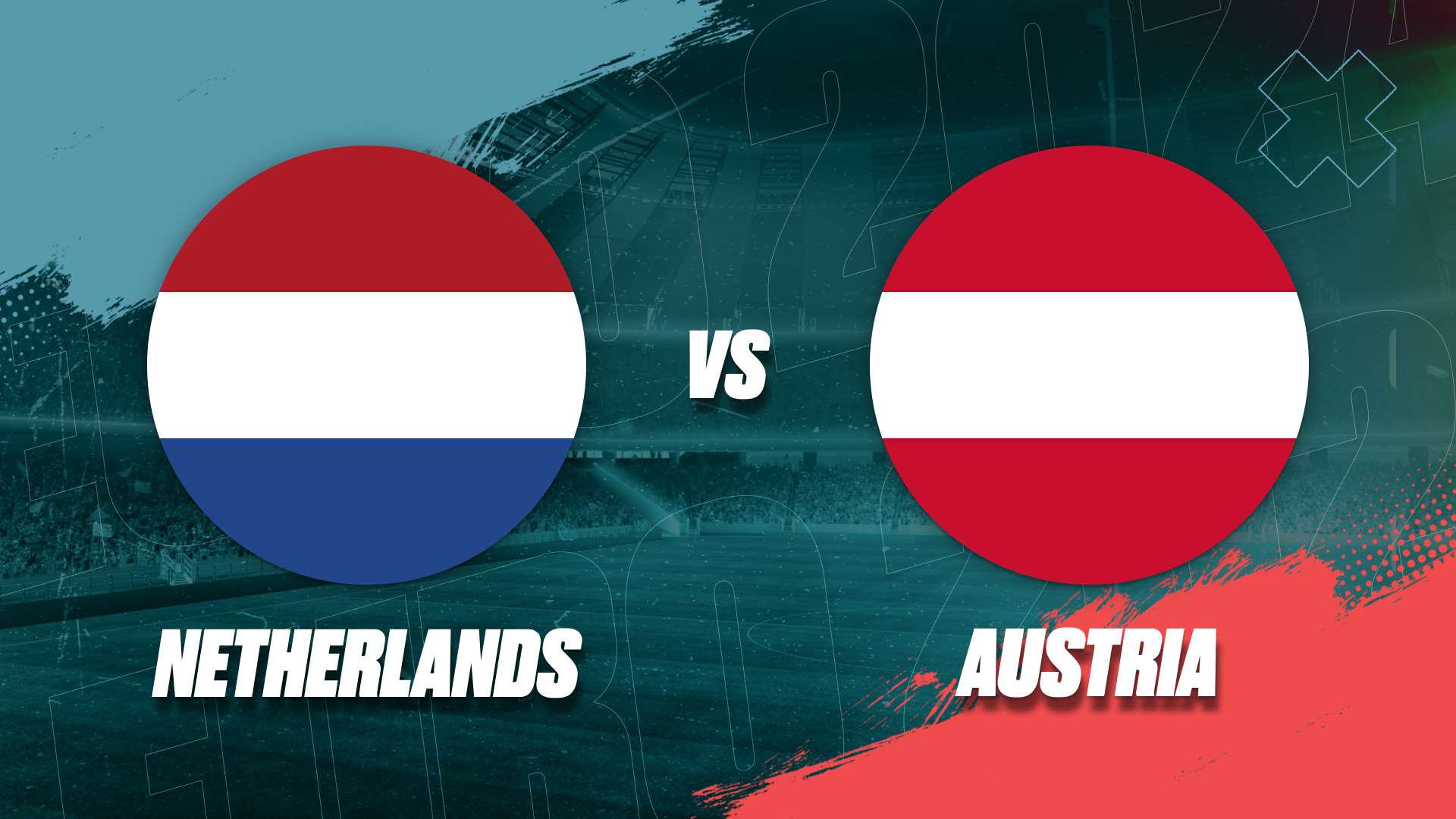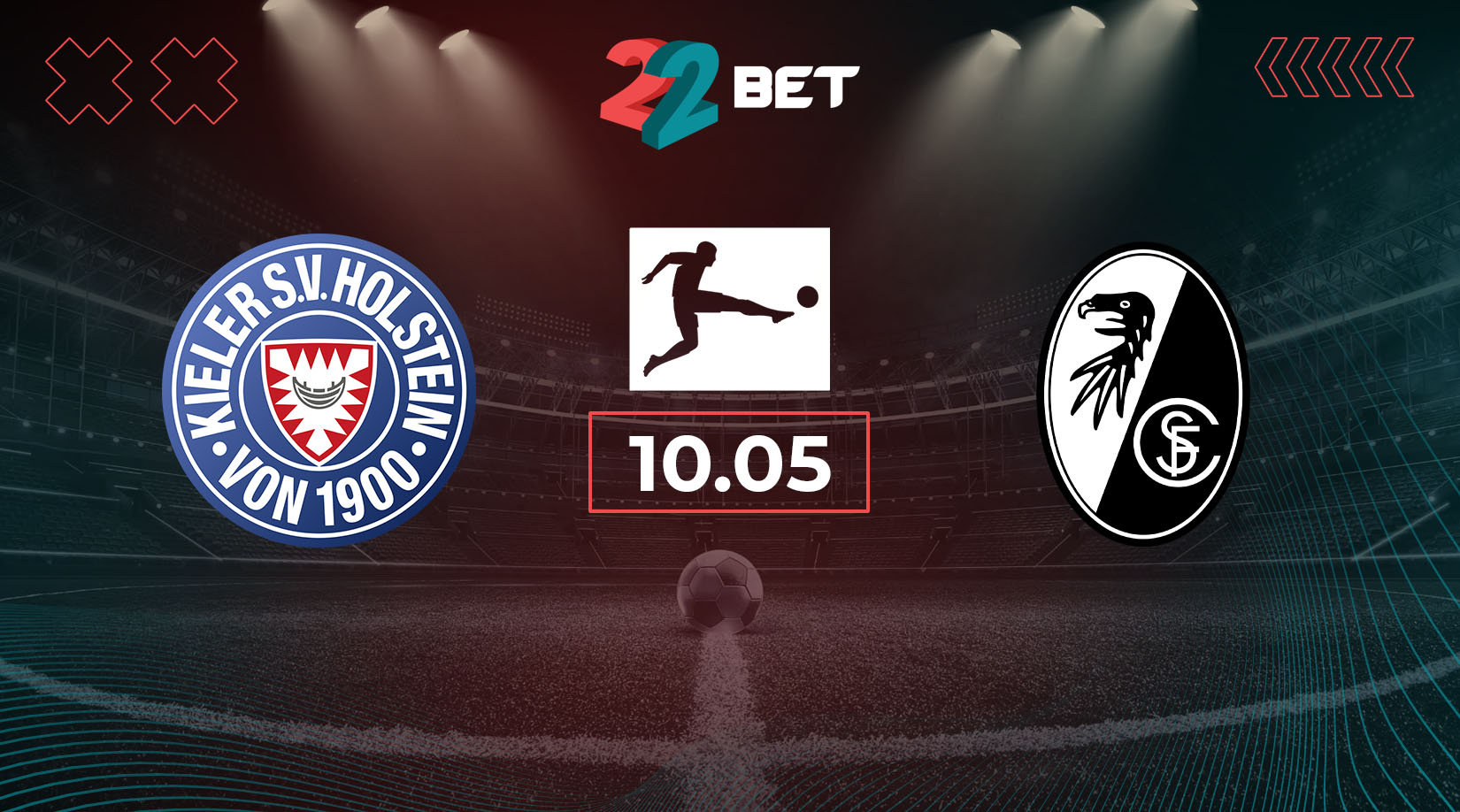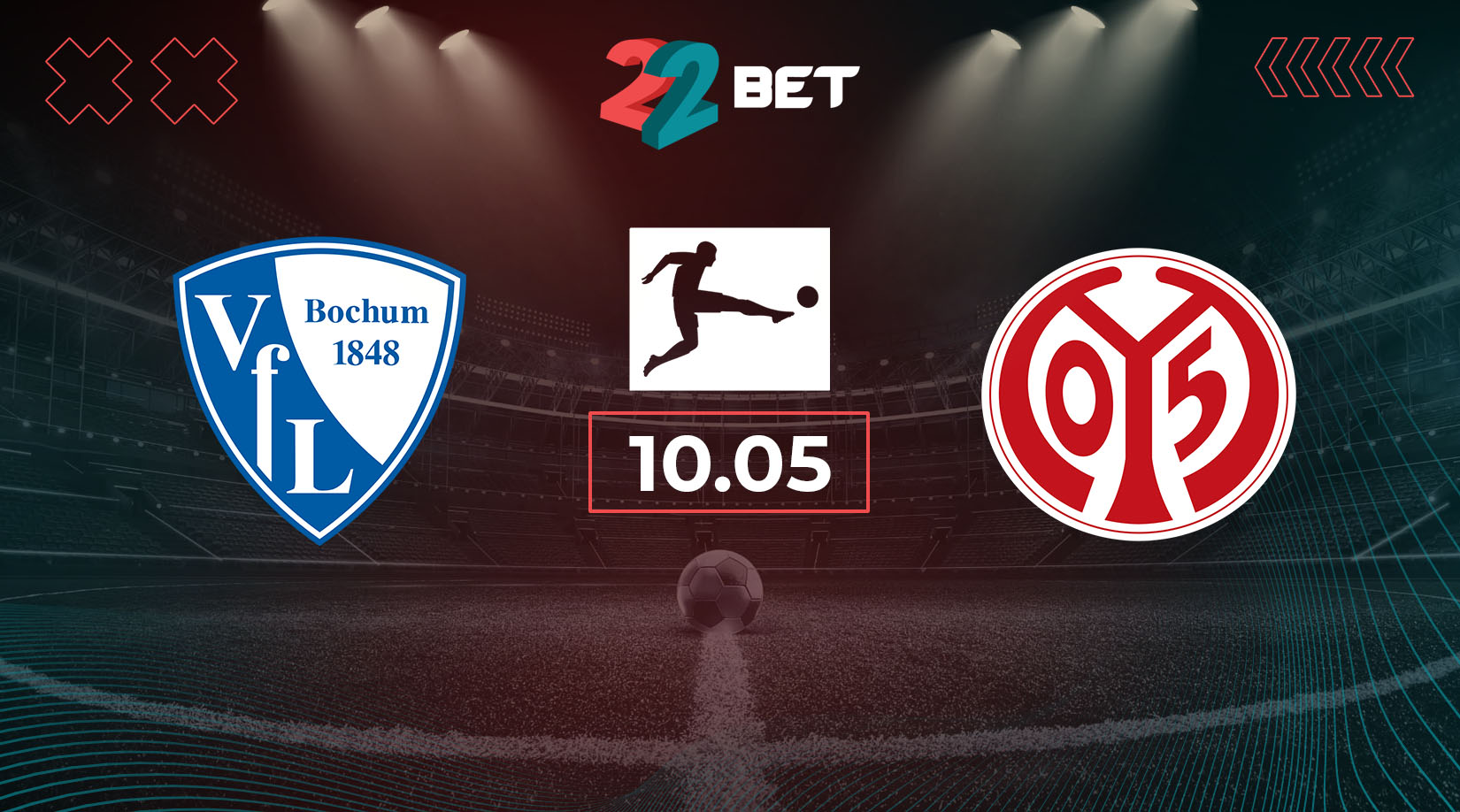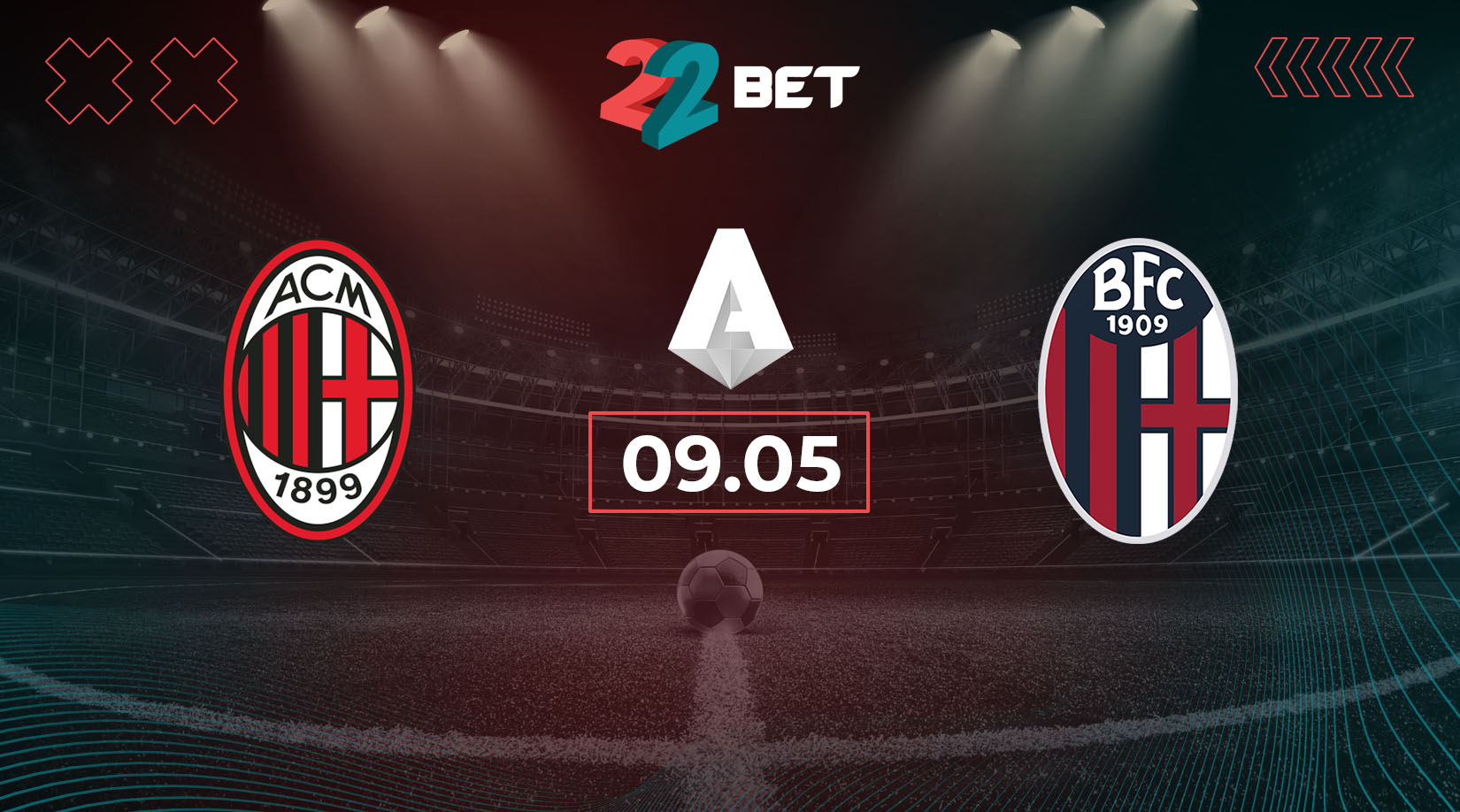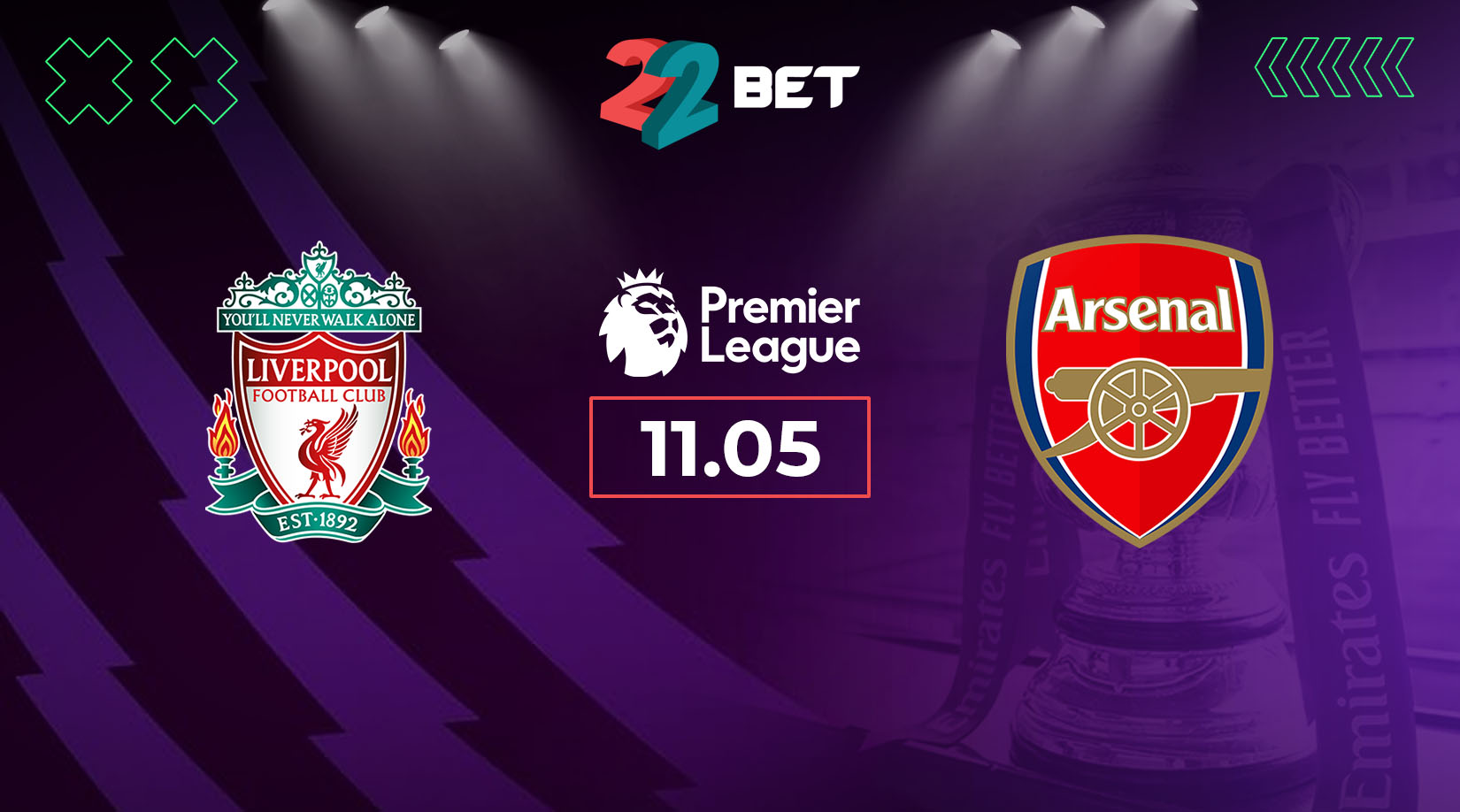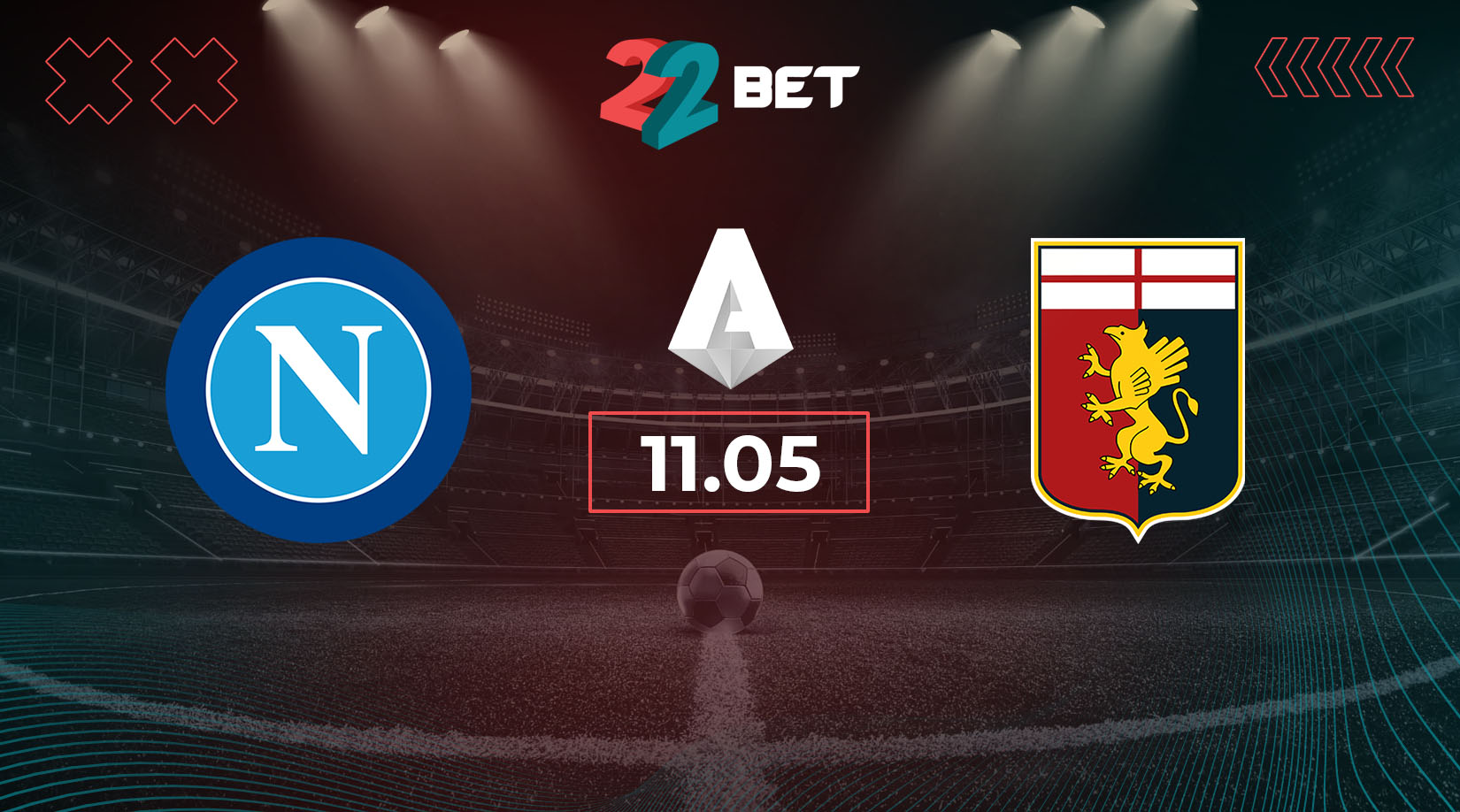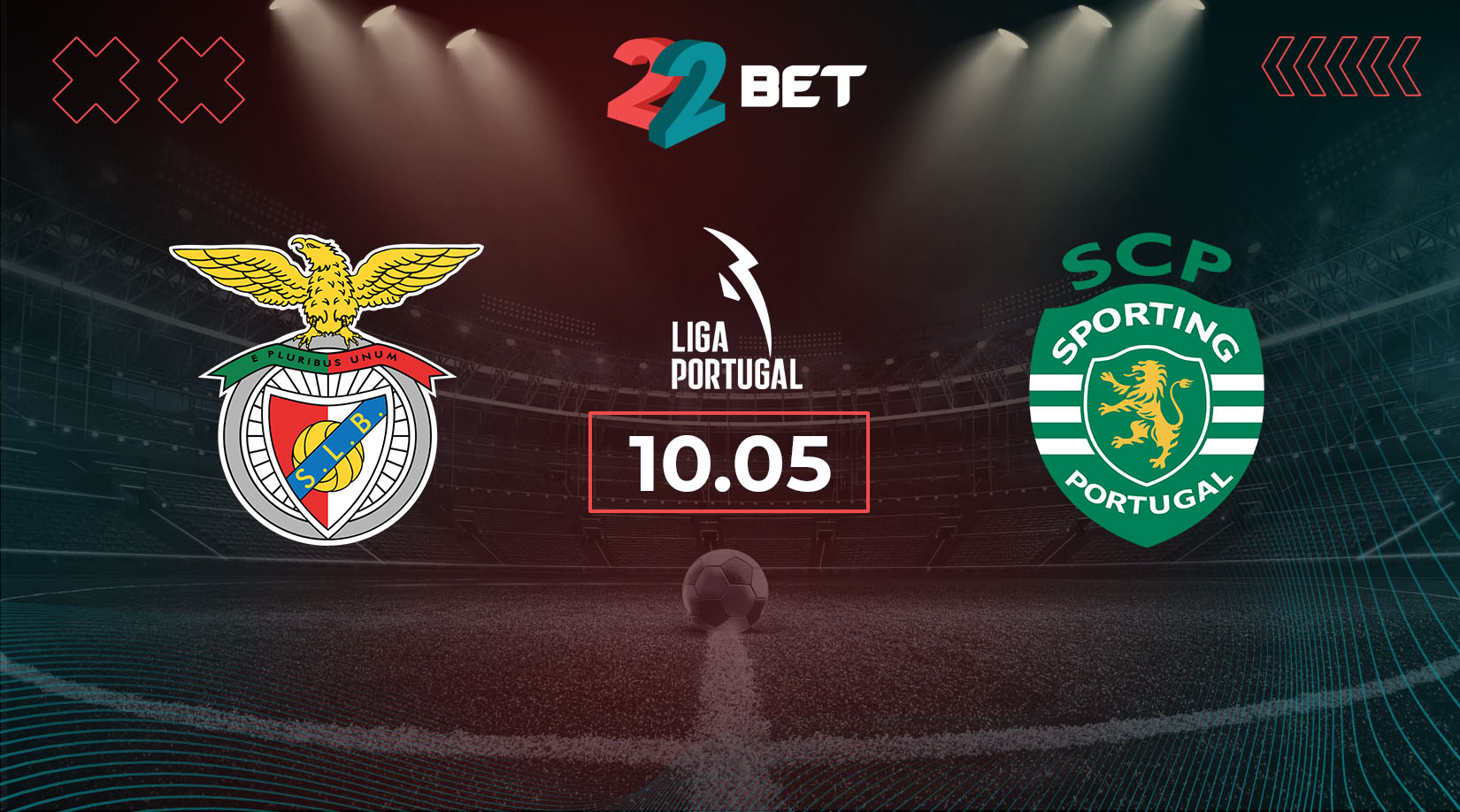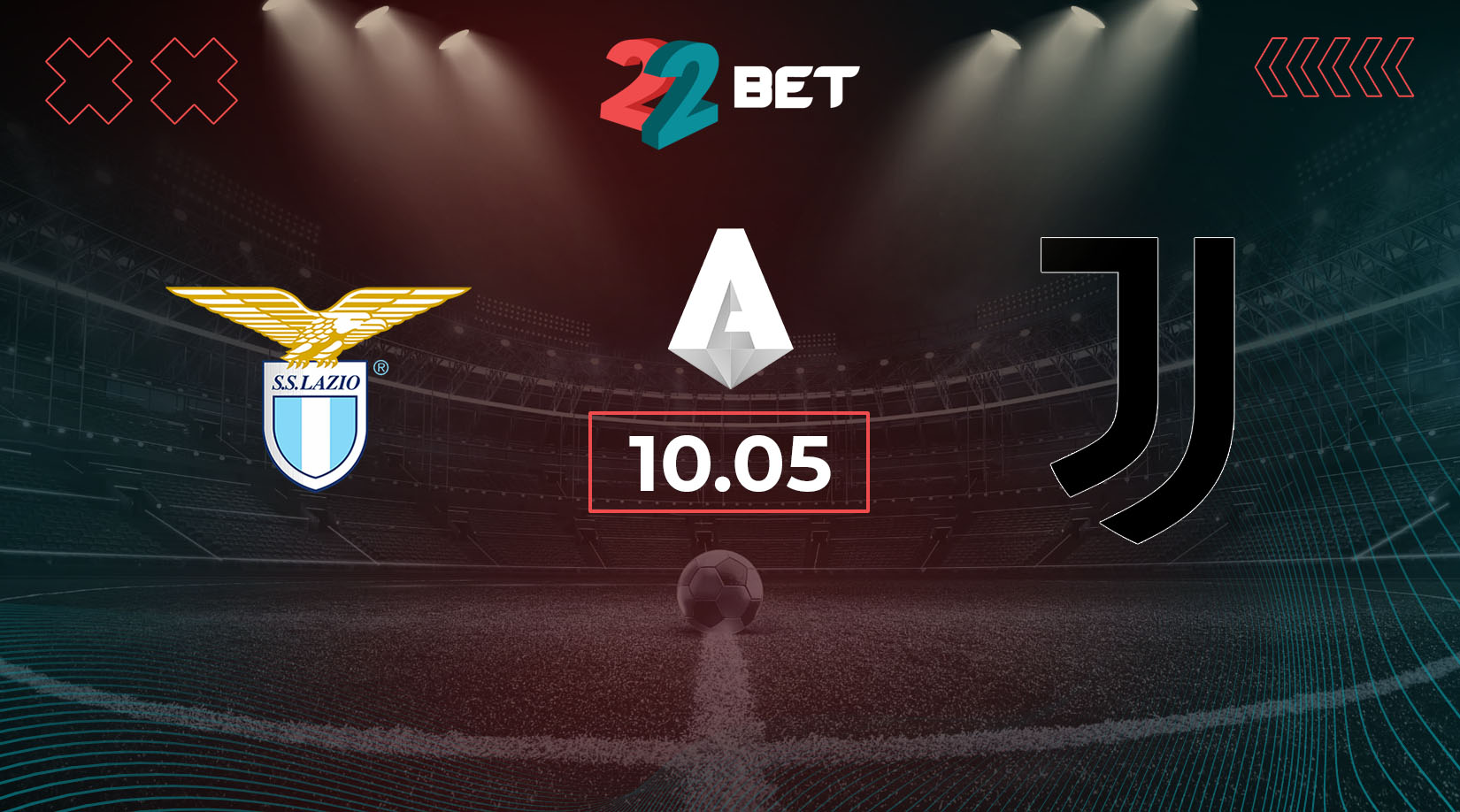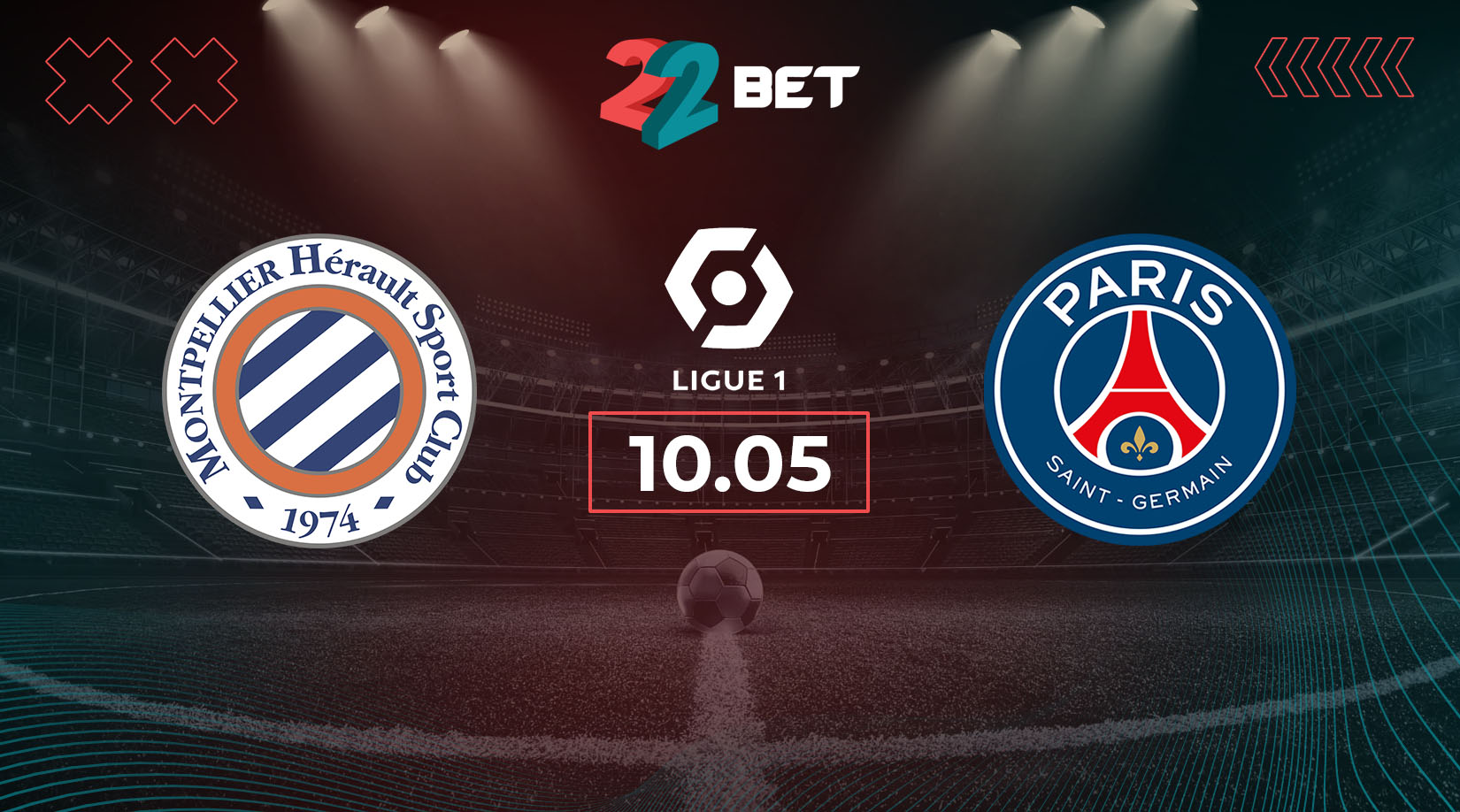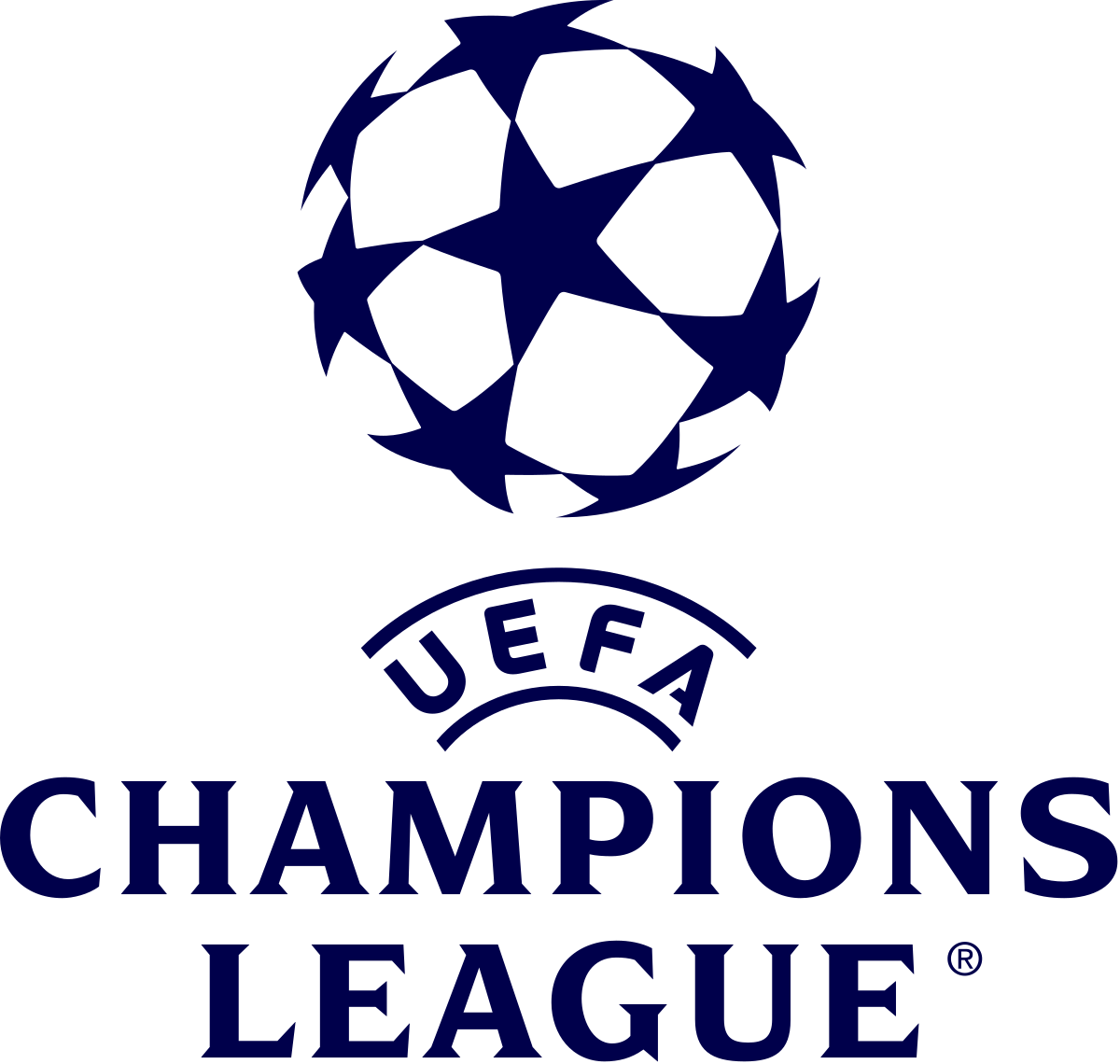In Group B, every match matters. The ‘group of death’ saw a major fixture: Spain, historically one of the most famous nations in the tournament, against a rising powerhouse – Croatia. Both teams have impressive resumes.
The Vatreni reached the World Cup Final in 2018 and only bowed out in the quarterfinals of the 2022 World Cup to eventual winners Argentina. Spain won the tournament in 2008 and 2012 and ended in third place in 2020. With such histories, goals were expected, as this fixture has always delivered in terms of excitement and scoring.
A Dynamic Start For Spain
Spain’s first quarter was typical of the team – a rapid and aggressive start. La Roja created multiple chances, relying on Nico Williams on the left and Lamine Yamal on the right, with the latter becoming the focal point of Spain’s javelin. Marin Pongračić, positioned as the left center-back alongside Joško Gvardiol, struggled against Yamal’s relentless dribbling, which often left Croatia’s defenders trailing.
While it’s expected for any top defender to have difficulty against Yamal, these struggles were exacerbated by Gvardiol playing out of his usual center-back role.
😏 #VamosEspaña | #EURO2024 pic.twitter.com/W2e3aofeC1
— Selección Española Masculina de Fútbol (@SEFutbol) June 15, 2024
Typically, Croatia fields Gvardiol as a center-back and Borna Sosa as the left-back, which allows for a more balanced and proactive defense. Despite looking set for a challenging forty-five minutes, Croatia found a way to adapt against expectations.
Promotion Alert: As you gear up for Spain and Croatia’s next matches, don’t miss out on 22Bet’s UEFA Euro Cup 2024 promotion! Bet on Euro 2024 matches for a chance to win a share of the massive €150,000 prize pool. Join the promotion here.
A Radically Different Spain
For the last decade, Spain was synonymous with relentless possession, dominating the ball and leaving opponents chasing shadows. This extreme possession style brought success in the early 2010s but also marked Spain’s downfall in recent years.
The 2022 World Cup remains a fresh wound for the Spanish populace, with Luis Enrique’s team crashing out against Morocco after a lackluster campaign. The stereotypical slow-paced Spanish football, outdated in the face of the 2015 German gegenpressing revolution, became glaringly evident under Luis Enrique in those final months.
The Problems of De La Fuente’s Approach
Luis de la Fuente arrived with the promise that Spain to revolutionize Spain’s style of play, moving away from the excessive possession that had characterized the team’s approach. In the Spain-Croatia match, this promise was realized, marking the first time in years that Spain did not dominate possession. However, This shift in strategy came with its own challenges.
⚽️+🅰️ = MOTM
A TOP PERFORMANCE FROM @FabianRP52!!#VamosEspaña | #EURO2024 pic.twitter.com/EXFM8OmLDC
— Spanish Football (@SpainIsFootball) June 15, 2024
For the first twenty minutes, Spain attempted to break through Croatia’s defensive lines, akin to assaulting the solid walls of Dubrovnik’s fortresses. This approach proved almost suicidal, as Croatia remained unimpressed and found opportunities in counter-attacks.
The Croatians identified a pattern: focusing on the right wing with Josip Stanišić pushing forward and Lovro Majer hugging the touchline. Luka Modrić expertly exploited the half-spaces to connect with the midfield, leaving Marcelo Brozović alone in the center to orchestrate play.
🇭🇷#EURO2024 #ESPCRO #Vatreni❤️🔥 pic.twitter.com/q0QmKGtfhJ
— HNS (@HNS_CFF) June 16, 2024
This tactical overload on the right side repeatedly exposed Spain’s vulnerabilities, particularly in the second quarter of the first half. However, Croatia’s execution fell short due to the lack of a decisive presence in the box.
Ante Budimir, though a seasoned striker, could not capitalize on the created spaces. Despite finding gaps in Spain’s organization, Croatia could not secure a decisive advantage, ultimately setting the stage for their own downfall.
A Few Minutes And It Suddenly Was 3-0
None other than Alvaro Morata found the opener, demonstrating his knack for performing against the Croatians.
Despite not being heavily involved in the buildup, one well-placed shot was all it took. Croatia’s defence momentarily lost focus, failing to track their markers. At 1-0, most teams would fight back, but unexplainably, Croatia seemed deflated and unable to respond.
⚽ GOAL!! @alvaromorata slots it home to put Spain into the lead!
Our Euro 2024 has started perfectly!!
🇪🇸🆚🇭🇷 |1-0| 29′#VamosEspaña | #EURO2024 pic.twitter.com/S6IjT4wlOz
— Spanish Football (@SpainIsFootball) June 15, 2024
Fabian Ruiz then showcased his brilliance, scoring with a strike that seemed to find gold. As if that wasn’t enough, Dani Carvajal delivered the final blow, netting Spain’s third goal in the 45th minute. There’s no coming back from a 3-0 score despite Croatia’s growing presence in the match.
Spain Needs To Wake Up Despite The 3-0
At first glance, the result suggests that Spain took its chances, dominated the match, and benefited from relinquishing possession for more dynamic play. Many Spanish fans are content with the outcome – but a deeper analysis shows that La Roja has plenty of reasons to worry.
The most important of all is the backline. It was a disaster in terms of coordination. Nacho and Le Normand were paired up due to Aymeric Laporte’s absence, but Croatia frequently exploited their lack of communication.
🎙️ Head coach’s verdict 🇭🇷🇪🇸 #ESPCRO #EURO2024 #Vatreni❤️🔥 pic.twitter.com/Js6Vh44UxK
— HNS (@HNS_CFF) June 15, 2024
Spain is known for its great build-up, but Spain’s defensive cohesion was conspicuously absent. This pairing is unlikely to continue, as both players seemed out of sync.
Additionally, Marc Cucurella’s limited involvement in the build-up play further strained the defense. His preference for pushing forward left gaps that Croatia almost capitalized on. In Spain’s configuration, the wings have priority due to Nico Williams and Yamal as this team’s main stars. Cucurella’s continued presence in the lineup is questionable, especially with other viable options available.
Different Problems in the Defense
Spain’s other problem is that while it did give up possession – its defending and pressing did not change.
You can’t attack the same way with less possession: adjustments are necessary, and Spain failed to make them. If anything, Croatia found it easy to break through as Rodri pushed higher up.
It is unclear whether the Manchester City star decided to do so or whether it might have been part of de la Fuente’s instructions. His lack of coordination with Fabian Ruiz – dull in possession, someone who plays it safe but does not offer creativity – became a major problem for Spain’s defending between the lines.
Croatia had no trouble using the half-spaces and third-man rotations to use the lack of organization in Spain’s configuration without the ball.
Spain Avoided The Worst
The good news for Spain is that they have overcome one of their toughest opponents in the group, besides Italy. Croatia provided a stern test – and the Vatreni will rue their missed opportunities.
Next stop: Hamburg! 🛣️ #CROALB#EURO2024 #Vatreni❤️🔥 pic.twitter.com/ZH0Y7aqHA4
— HNS (@HNS_CFF) June 16, 2024
However, the match against Croatia also highlighted Spain’s weaknesses off the ball. Against a more physical opposition, La Roja would be punished for its lack of organization in pressing.
On the other hand, Croatia has only itself to blame. Zlatko Dalić acknowledged this in the press conference: Croatia did not take its chances, and it lacked dynamism.
What’s Next For Croatia
Life has now become challenging for the Croats, who must next face Albania in a must-win match. Supposedly the “easy” fixture for them, they need to secure all three points to stay in contention. Italy has already taken care of business against Albania with a 2-1 win, putting additional pressure on Croatia to deliver.


